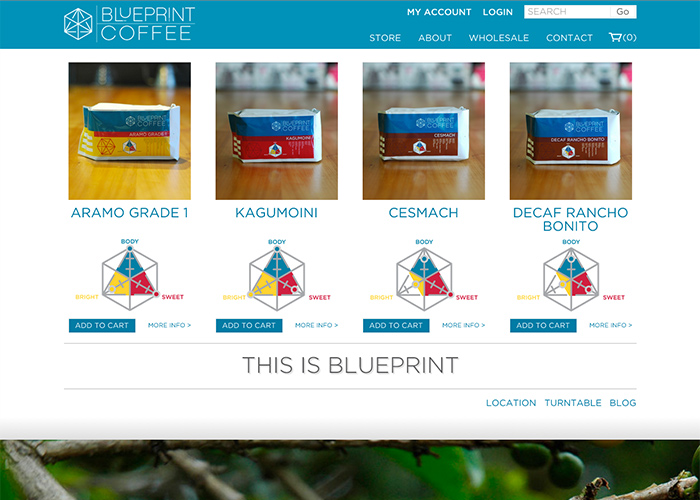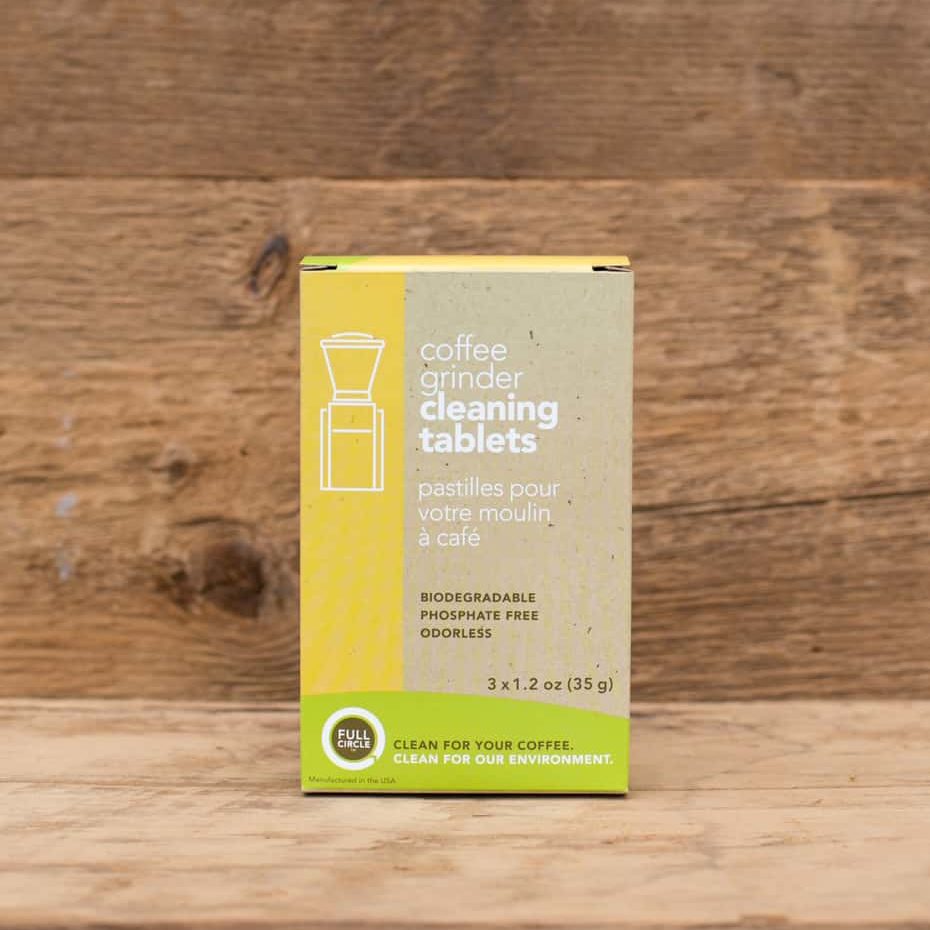
When a group of famers, importers, exporters, and roasters work as a collective to provide each other with the right resources and support, everyone benefits. In order to do that, we also need to show up as dependable collaborators. This gives us access to consistent, quality coffee. In our partner relationships, we strive towards building a reliable supply chain. If a farmer doesn’t make enough money off their of speciality coffee, what will prompt them to continue pursuing the highest quality product? The larger issue is that fluctuating prices can seriously harm a farmer’s practice. However, pricing shifts vastly from year to year, making consistently good coffees hard to find in the specialty market. In the current global coffee market, prices dominate the entire chain from farmer to roaster. We view sustainability as a circle in which each decision and participant has the ability to effect the whole. Each year of the partnership builds upon the next.īecause we give our relationships time to flourish, creating an overall sustainable market is put at the forefront of our partnership goals.

So, we tend to view our collaborations from a five-year perspective. We recognize that meaningful relationships can’t be rushed. One of the most important things we remember is that any kinks we work out one year help us decide the following year’s goals. Sometimes expectations and philosophies don’t match up, but it’s important to take risks regardless. So, we prepare to work hard to find the right collaborators. Our coffee sourcing vision is ambitious, detailed, and centered on ethics. If one of our direct partnerships faces challenges or ends, we don’t view the experience negatively. It’s common for there to be a fair amount of road bumps over the first few years as we collectively work through potential quality or pricing issues, and as we learn more about the type of support our partners need from Blueprint. Additionally, it requires every party involved to trust one another. It takes considerable time and effort to get a partnership running smoothly. We've done so in hope of building lasting relationships, which is not a quick or easy process. Over the past few years, we have collaborated with farmers, importers, and exporters. Whereas geopolitical issues are broad and impact the entire coffee industry, partnership obstacles are more personal. As a result, we can be better global partners in the long run. We are mindful of cultural differences and keep an open dialogue with potential partners. These issues are complex and tied to a variety of ugly histories - take colonialism as a major example. and those working in coffee-producing countries. This can lead to economic, agricultural, and organizational misunderstandings between coffee professionals in the U.S. At other times, they stem from partnerships that don’t work out.įrom a geopolitical point of view, café owners and roasters in the west have a tendency to romanticize the role of coffee farming. Sometimes sourcing difficulties stem from geopolitical issues. Being so committed to fostering longterm origin relationships sometimes forms a slue of additional obstacles. For example, we may choose a 85-point scoring coffee over a 90-point scoring coffee if it could lead to a long-term partnership with a farmer.ĬHALLENGES THAT ARISE IN THE COFFEE SOURCING PROCESSĬoffee sourcing in itself is a complicated process. As a company, we are more interested in creating sustainable relationships than simply choosing the highest scoring coffee available. What separates Blueprint from many other roasters is that we believe true connection to a coffee extends beyond the flavor profile. Ultimately, we want our coffee sourcing to find coffees that resonate with our consumers. Would our wholesale clients like this coffee? What about our customers? Would it hold up in the cafe? We then consider the quality of the coffee. Before we can choose a coffee, we have to know if it’s available, in season, and in the right price range for us. No matter what country we source our coffee from, we start our selection process by taking logistical concerns and our core philosophies into consideration. Our most developed collaborative partnerships are with farms, importers, and exporters in Guatemala and Colombia.

Additionally, we have a handful of African coffees on our roster each year. We source our coffee from a variety of countries in Central America and South America.


The origin partnerships we build and coffees we choose ultimately impact every aspect of Blueprint from roasting to wholesale to retail. Sourcing coffee is the first integral step we take in the seed-to-cup process.


 0 kommentar(er)
0 kommentar(er)
